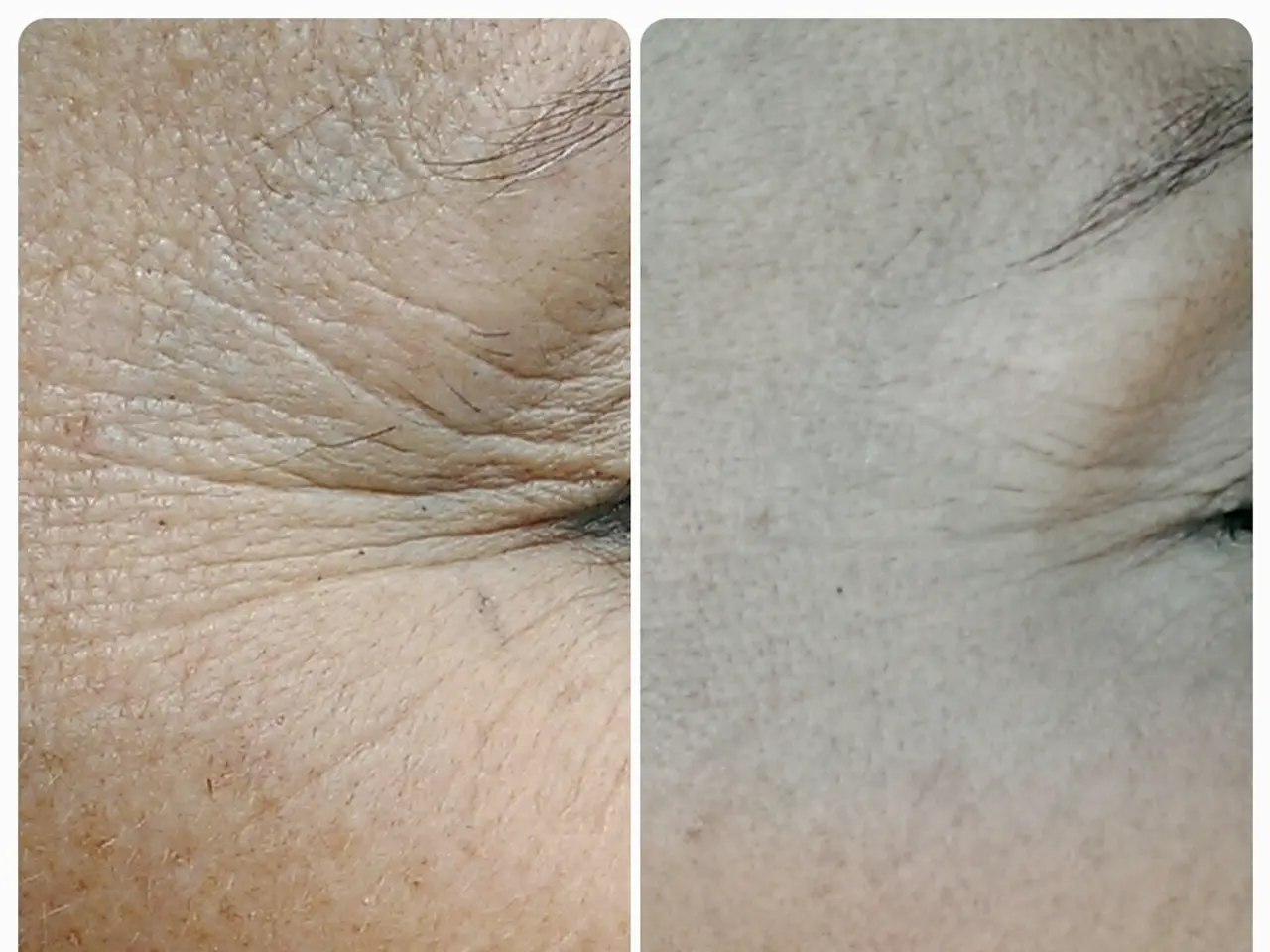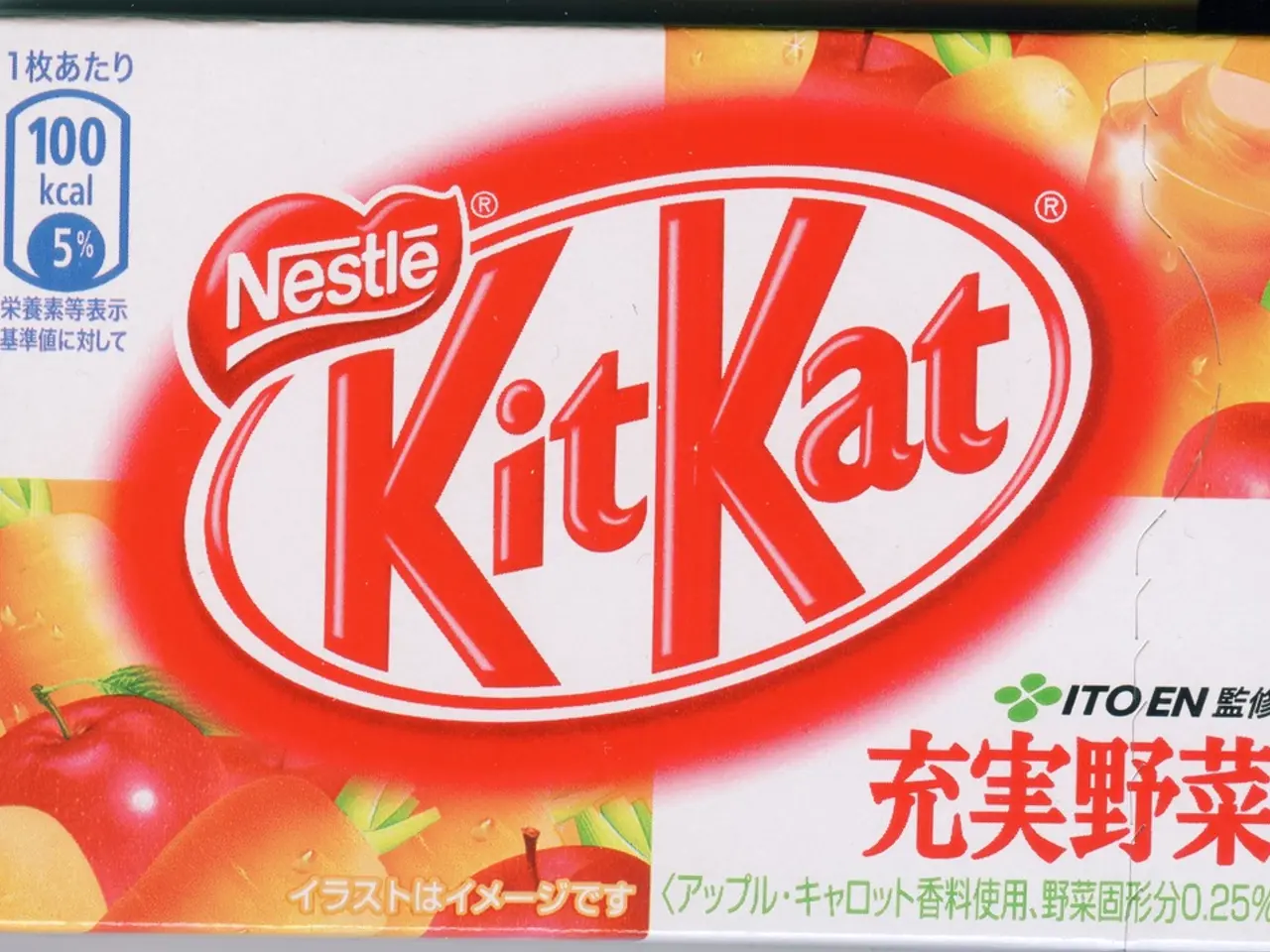Skin Purification Process: Definition, Function, and Additional Details
In the quest for clearer, healthier skin, many people turn to skin detoxes, believing they help the skin expel more toxins. However, there is no evidence to support this claim [1]. Instead, let's delve into the body's primary detoxification organs and their roles.
The liver, our body's most critical detox organ, performs complex chemical conversions. Its primary role is to metabolize and neutralize toxins through a multi-phase enzymatic process, transforming fat-soluble toxins into water-soluble compounds that can be safely eliminated from the body. The liver also filters blood from the digestive tract, detoxifies excess hormones, and produces bile that helps remove fat-soluble waste via the digestive system [1][2][4].
The kidneys, on the other hand, primarily filter the blood and remove water-soluble waste products and toxins that have been processed by the liver, excreting them from the body through urine. This filtration helps maintain the body's internal chemical balance and prevents toxin buildup [1][4].
Compared to the liver and kidneys, the skin plays a more limited but complementary role in detoxification by eliminating some toxins through sweat. Sweat glands help expel water, salts, and small amounts of toxins, but the skin is not a primary detox organ like the liver and kidneys [1][4][5].
It's essential to understand that smoking speeds up skin aging and impairs wound healing, while substances like heavy metals and alcohol may exit the body via sweat in small amounts, but sweating plays a very small role in detoxification overall [1].
Maintaining a good skin care routine can help support skin barrier function, while antioxidants, present in many foods, particularly colorful fruits and vegetables, can provide defense against oxidative stress and may improve skin hydration and elasticity [1].
In addition, leading a healthy lifestyle, such as getting enough sleep, reducing stress through techniques like deep breathing, massage, yoga, and meditation, and staying hydrated by drinking enough water, supports overall health and, indirectly, skin health [1][3].
References:
[1] American Academy of Dermatology. (n.d.). Skin Detoxes: What You Need to Know. Retrieved from https://www.aad.org/public/diseases/a-z/skin-detoxes-what-you-need-to-know
[2] British Journal of Dermatology. (2016). The Skin as an Organ of Excretion. Retrieved from https://onlinelibrary.wiley.com/doi/abs/10.1111/bjd.14379
[3] Mayo Clinic. (2020). Skin Care: How to Protect Your Skin. Retrieved from https://www.mayoclinic.org/healthy-lifestyle/adult-health/in-depth/skin-care/art-20045621
[4] National Kidney Foundation. (n.d.). How the Kidneys Work. Retrieved from https://www.kidney.org/kidneydisease/kidneyhealth/howthekidneyswork
[5] National Institute of Diabetes and Digestive and Kidney Diseases. (n.d.). Liver and Digestive System. Retrieved from https://www.niddk.nih.gov/health-information/liver-disease/liver-disease-basics/understanding-liver-digestive-system
- Despite popular belief, skin detoxes don't help the skin expel more toxins, as there is no scientific evidence to support this claim.
- The liver, our body's primary detox organ, metabolizes and neutralizes toxins through a multi-phase enzymatic process, transforming them into water-soluble compounds for elimination.
- Unlike the liver, the kidneys primarily filter the blood and remove water-soluble waste products and toxins, excreting them from the body through urine.
- The skin plays a more limited role in detoxification, eliminating some toxins through sweat, but it is not a primary detox organ.
- Maintaining a good skincare routine, rich in antioxidants, can support skin barrier function and provide defense against oxidative stress.
- A healthy lifestyle, including adequate sleep, stress reduction, deep breathing, massage, yoga, meditation, and staying hydrated, supports overall health, indirectly promoting skin health.




